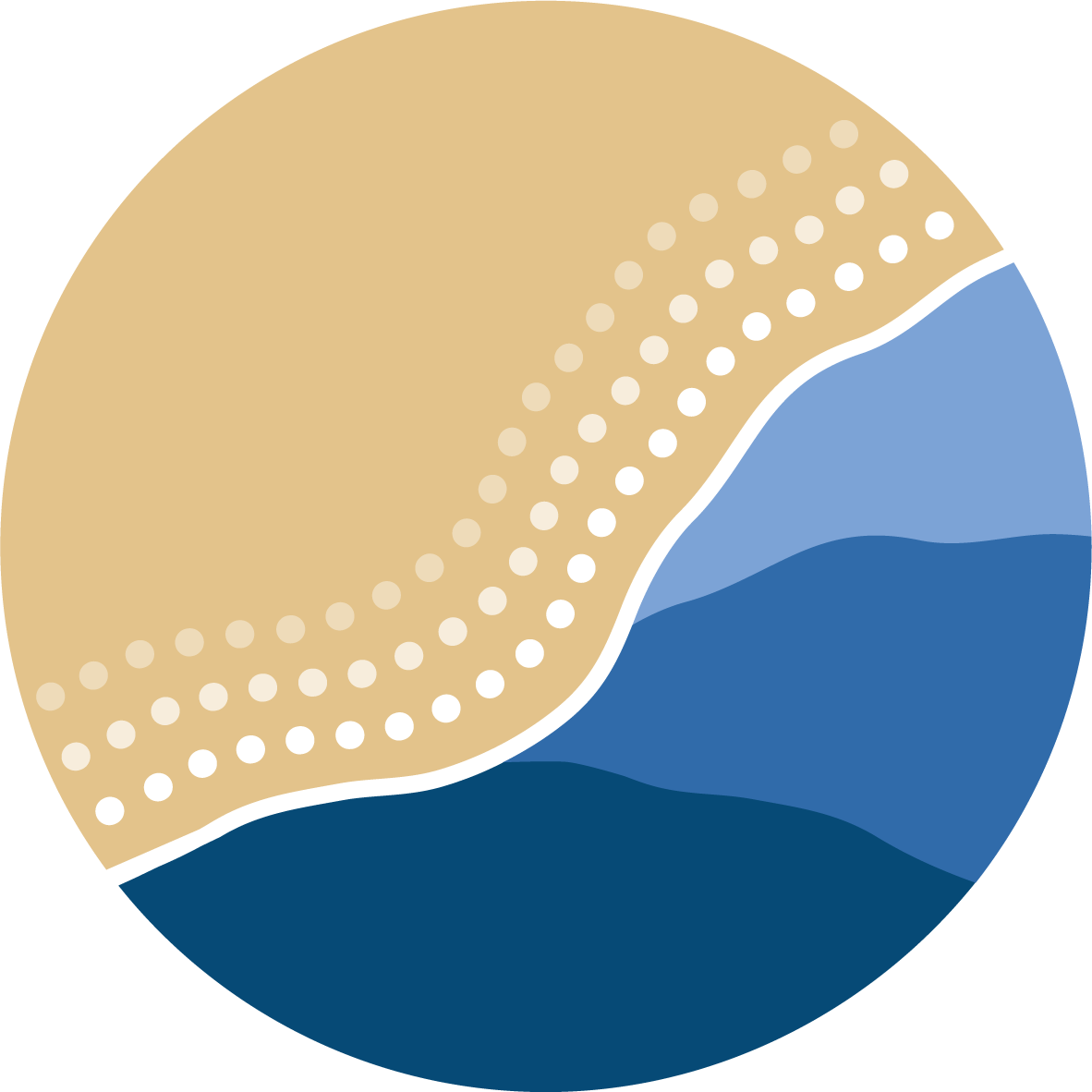Central Tablelands and Blue Mountains Community Legal Centre started as a project of the Katoomba Neighbourhood Centre in 1985 with one volunteer worker. Funding was later obtained to employ a part-time co-ordinator and solicitor and the Centre was incorporated as the Blue Mountains Community Legal Centre in 1986.
Since then the Centre has grown substantially. On 12 March 2006 we changed our name from the Blue Mountains Community Legal Centre to Elizabeth Evatt Community Legal Centre (EECLC) to reflect our expansion into the Central Tablelands region west of the Blue Mountains. The new name acknowledged the significant contribution of Elizabeth Evatt to the justice sector as a judge, law reformer, academic and international human rights advocate.
In 2020 we decided our name should more clearly reflect the regions we service. With Elizabeth Evatt's blessing we changed our name to Central Tablelands and Blue Mountains Community Legal Centre (CTBMCLC) on 30 June 2020. Our officially went live with this new name on 2 September 2021.
We now employ a number of full and part time staff across all program areas, including solicitors, tenant advocates, operational staff and a caseworker.
Additionally, we depend on an active team of volunteers and supervised student placements drawn from various disciplines including law, social work and community welfare. Today, we are an independent community organisation that provides free legal and advocacy services to our local communities. We cover an extensive catchment area that includes the Blue Mountains, Lithgow, Oberon and Bathurst. We are the only free legal service in this region, with the nearest Legal Aid offices located in Penrith and Orange.
Our primary function is to improve access to the justice system. We give priority assistance to the most vulnerable people in our community.
We aim to provide practical assistance with legal problems in the following areas in particular:
- Apprehended Violence Orders (AVO's)
- family law and domestic violence
- victims compensation
- consumer rights
- employment
- fines
- minor traffic offences
- credit and debt
- tenancy
- age and disability
- discrimination
- wills, powers of attorney & guardianship (not document drafting)
We can assist clients in navigating the complexities of the legal system and will provide clients with referrals to other services where appropriate.
Our Funding
CTBMCLC's funding comes from the State and Commonwealth Attorney-General's Departments and is administered by Legal Aid NSW through the Community Legal Centres Legal Services Funding Program.
In addition to its core legal services, we auspice the Cooperative Legal Services Delivery Program (Central Tablelands) funded by Legal Aid NSW and the Blue Mountains Tenants' Advice and Advocacy Service which is funded by the NSW Office of Fair Trading.
We also acknowledge the generous support of Blue Mountains City Council, which provides us with rent free premises.
Our Services
Current programs and projects of CTBMCLC include:
- Free legal advice service
- Duty Legal Advice at Apprehended Violence Order list days in conjunction with Women's Domestic Violence Court Advocacy Services
- Task assistance and representation services (including Victims Compensation)
- Blue Mountains Tenants' Advice and Advocacy Service (including Duty Advocacy to the NSW Civil and Administrative Tribunal)
- Community Legal Education
- Regional Coordinator for the Cooperative Legal Service Delivery Program (Central Tablelands)
- Law and policy reform work in key practice areas (eg. family law) or on issues of local or sector wide concern.

